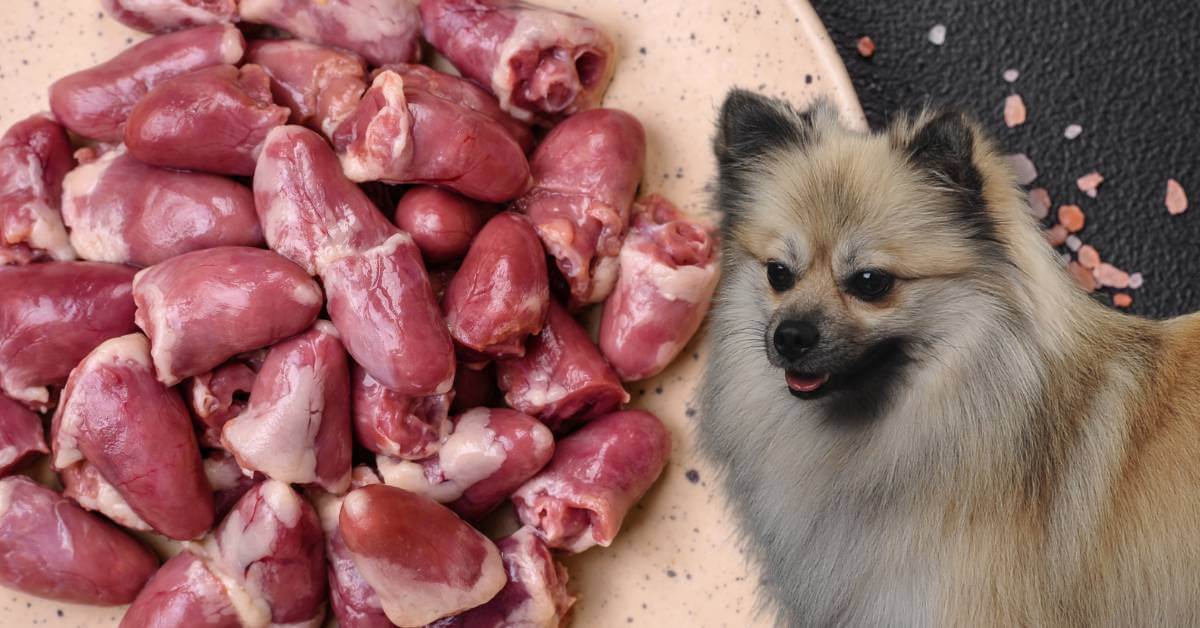Can Dogs Eat Turkey Liver?
Yes, dogs can eat turkey hearts. However, you should never give them raw hearts; they need to be cooked and prepared without any seasonings or spices. While turkey hearts are nutritious, it’s important not to overdo it, as their rich taste can upset your dog’s stomach. Always introduce new foods gradually, starting with a tiny bit to see how your dog handles them.

Let me give you a practical tip. When you give your dog turkey hearts or liver, give them some cooked rice or cooked turkey meat that’s absolutely safe for dogs. Organ meat is very strong, and while it’s incredibly nutritious, it can be hard on your dog’s stomach. Adding rice or lean turkey helps balance the meal and can prevent a messy situation (aka runny poo).
Health benefits of turkey hearts for dogs
While you’re cooking up a delicious meal for your family, you can also make a special treat for your dog with turkey gizzards, liver, and hearts! Generally, turkey is great for dogs, especially turkey giblets that are full of vitamins. Here are some of the main benefits:
How to prepare turkey hearts for dogs
If you’ve never prepared turkey hearts for your dog, don’t worry, it’s pretty simple! We’ll show you the steps.
Remember, while turkey hearts offer many benefits, they should be given in moderation and not replace your dog’s regular diet. If you’re unsure, it’s best you talk to your vet before making any changes to your dog’s diet. But you don’t need to worry too much with turkey hearts — just start with a small amount.
Love, life, and fur forever!
FAQs
Is turkey heart OK for dogs?
Yes, turkey heart is OK for dogs. It’s a nutritious organ meat rich in protein, vitamins, and minerals. However, you should always cook the turkey heart before feeding it to your dog to eliminate any harmful bacteria.
Can dogs eat boiled turkey organs?
Yes, dogs can eat boiled turkey organs. Boiling the organs ensures they are safe to eat by killing harmful bacteria. Turkey organs like hearts, livers, and gizzards are full of vitamins. Just make sure to introduce them gradually and give them in moderation, so they don’t have any digestive issues.